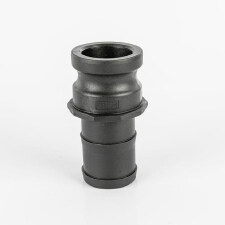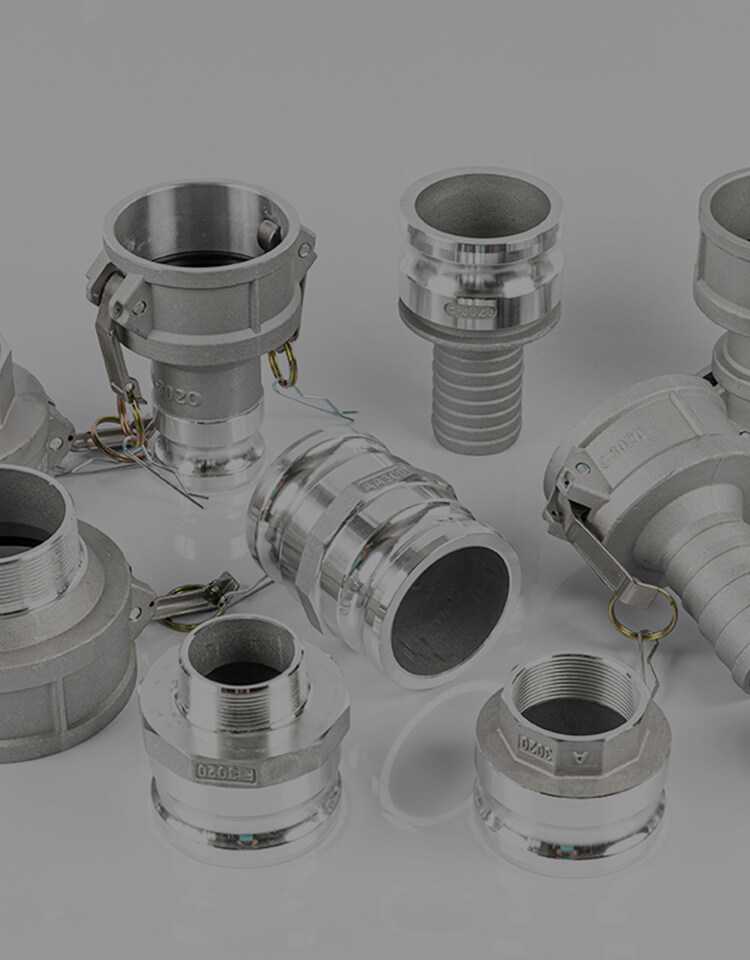Error de formato de correo electrónico
emailCannotEmpty
emailDoesExist
pwdLetterLimtTip
inconsistentPwd
pwdLetterLimtTip
inconsistentPwd

Noticias
Aquí, puedes describir un texto que quieres expresar

Enhancing Efficiency and Safety with Gas Quick-Connect Couplings
Introduction
In today's fast-paced industrial landscape, efficiency and safety are paramount. As business partners seeking innovative solutions, it's essential to consider every aspect of your operations, including the handling of gases like natural gas. One crucial component that can significantly impact efficiency and safety is the gas quick-connect coupling. In this blog, we will explore the significance of gas quick-connect couplings, focusing on natural gas and pneumatic systems, and their potential benefits for our business partnerships.
The Basics of Gas Quick-Connect Couplings
Gas quick-connect couplings are versatile and efficient devices designed to rapidly and securely connect and disconnect gas lines. These couplings are commonly used in a variety of applications, including natural gas and pneumatic systems. Let's delve deeper into their uses and benefits.
Natural Gas Quick Connect Couplings
In the realm of natural gas handling, safety is a primary concern. Gas quick-connect couplings play a vital role in ensuring the safe transport and distribution of natural gas. These couplings are designed to provide a fast and reliable connection, reducing the risk of gas leakage and minimising downtime. They are often used in industries such as residential and commercial construction, where natural gas is a common energy source.
The benefits of natural gas quick-connect couplings are numerous. They enable the quick installation and removal of gas appliances, facilitating maintenance and repairs. This not only saves time but also enhances safety by reducing the need for manual intervention in gas line connections.
Pneumatic Quick Connect Couplings
Pneumatic systems are widely utilised in manufacturing and automation processes. Pneumatic quick-connect couplings play a crucial role in these systems, allowing for rapid connections between air-driven tools and equipment. Their ease of use and reliability make them indispensable in various industries.
One of the key advantages of pneumatic quick-connect couplings is their ability to minimise downtime. Quick and secure connections mean faster tool changes and maintenance, ensuring that operations continue smoothly. These couplings also prevent air leakage, which can be costly in terms of both energy consumption and lost productivity.
Efficiency and Safety in Business Partnerships
For business partners, the adoption of gas quick-connect couplings, whether for natural gas or pneumatic systems, can lead to improved efficiency and safety in various aspects of our cooperation.
1. Reduced Downtime: The quick and easy connection and disconnection of gas lines means that maintenance and repairs can be completed in a fraction of the time it would take with traditional methods. This reduces downtime and ensures that operations remain productive.
2. Enhanced Safety: Safety is paramount, especially when dealing with natural gas. Gas quick-connect couplings are designed to minimise the risk of gas leaks, which is a critical consideration in any industry.
3. Cost Savings: Less downtime, fewer leaks, and improved efficiency all contribute to cost savings. This can result in a more cost-effective partnership and potentially higher profitability.
4. Versatility: Gas quick-connect couplings are versatile and can be adapted to various applications, making them suitable for a wide range of industries and projects.
Conclusion
Gas quick-connect couplings, whether designed for natural gas or pneumatic systems, are valuable tools that can significantly impact the efficiency and safety of our business partnerships. Their ability to reduce downtime, enhance safety, and save costs makes them a worthwhile investment. As we continue to seek innovative solutions for our operations, considering the adoption of these couplings is a step towards a more efficient and secure future. By prioritising safety and efficiency, we can ensure that our partnerships thrive in an increasingly competitive business environment.

